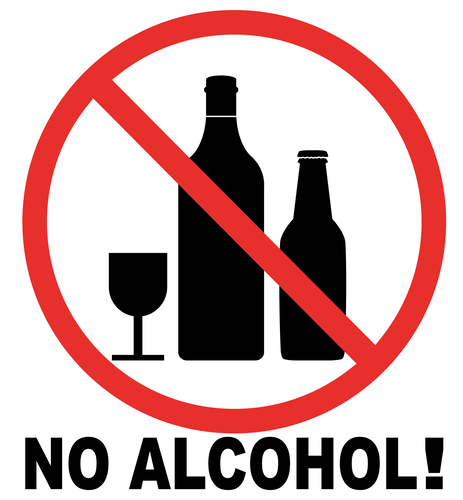Another critical brain region affected by chronic alcohol use is the hippocampus, which plays a pivotal role in memory and mood regulation. Alcohol-related shrinkage of the hippocampus has been documented in numerous drug addiction studies, with findings showing that heavy drinkers are at a higher risk of developing persistent sadness, memory loss, and cognitive decline. Depression itself contributes to the risk of alcoholism due to its effects on the brain’s reward system, where individuals may increasingly turn to alcohol as a self-medicating tool to alleviate negative emotions. Alcohol alters the balance of glutamate, another crucial neurotransmitter involved in learning and memory, leading to disruptions in cognitive function and increased susceptibility to depressive thought patterns.

3 Urge-specific strategies and alcohol use outcomes
Similarly, those with depression are at an increased risk of developing physical health conditions. Even with treatments such as antidepressants or psychotherapy, having additional strategies to cope with depression is helpful. Finally, addressing past trauma and high-stress lifestyles often involves examining deep-rooted emotions and vulnerabilities. It requires a commitment to self-reflection and a willingness to confront difficult experiences and feelings.
Alcohol’s Negative Emotional Side: The Role of Stress Neurobiology in Alcohol Use Disorder

If stress contributes to your depression symptoms, try some stress-management techniques. Stress-management techniques may help you bring awareness to stressful thoughts, feelings, alcohol as a coping mechanism and situations and respond calmly. The coping skills described below are helpful for people with depression and may help improve anxiety symptoms, too.

Why Men Turn to Alcohol to Cope with Stress and How to Break the Cycle
Drinking alcohol is linked to a range of mental health issues from depression and memory loss, to suicide. Alcohol abuse and depression are two complex and interconnected issues that can have devastating effects on individuals and their loved ones. In this article, we will delve into the underlying causes and effects of these conditions, exploring the scientific aspects and the co-occurrence of alcohol abuse and depression. We will also examine the dangers of self-medicating with alcohol and provide insights into the various treatment options available for those struggling with these challenges. Cognitive-behavioral therapy (CBT) is a type of psychological treatment scientifically proven to help people understand and change thought patterns that lead to harmful actions, like excessive drinking.
Dysfunctional Beliefs and Coping Methods for Addiction
- Similarly, in the mediational models developed in the present study, differences are observed in the predictive capacity of depressive symptomatology and avoidant coping according to age.
- Drinking in isolation often means that alcohol is being used as an emotional crutch rather than as part of a social activity.
She is a Brainspotting practitioner and is currently completing requirements toward the LPC. Meghan has worked six years in residential settings, including five years serving pregnant women and mothers with children and one year in acute psychiatric residential care. She specializes in supporting adults navigating addiction, trauma, and mood disorders. Clinically, Meghan blends an existential framework with mindfulness, Cognitive Behavioral Therapy (CBT), narrative therapy, and Brainspotting to help clients build insight, reduce symptoms, and move toward meaningful change. Alcohol addiction is often perceived as a physical dependency, but the psychological aspects of addiction can be just as powerful; and sometimes even more challenging to overcome. Psychological addiction to alcohol involves a deep emotional and mental reliance on alcohol, making it difficult to quit even when the physical effects are managed.
Data Availability Statement
Family therapy can help create a safe “container” where you can examine how your closest relationships are impacting your thoughts, feelings, and behaviors — including alcohol. But what if you start relying on alcohol as a coping mechanism or an emotional release? Learning to identify possible red flags in your relationship with alcohol may prevent you from leaning on it to feel better or using it as a crutch. The current review shows that SM is a prevalent behavior in general population samples and those who report self‐medicating MD/AD symptoms with alcohol and/or drugs are significantly more likely to develop a comorbid SUD.
More Mental Health Tests
While it may provide temporary relief, it does not address the root causes of your stress, anxiety, or emotional struggles. By understanding the negative impact of alcohol, you can begin to explore healthier coping mechanisms that promote healing and long-term well-being. Originally from Nashville, TN, Jordan moved to Colorado with her family at https://1ktylfr.podcaster.de/2020/11/03/how-dehydrating-is-alcohol-the-facts-staying/ age five. She has worked in behavioral health since graduating with her bachelor’s degree in 2019. Jordan developed her clinical approach in various inpatient, hospital, outpatient, and private practice settings. Jordan continued her studies and earned a master’s in clinical and mental health counseling.
